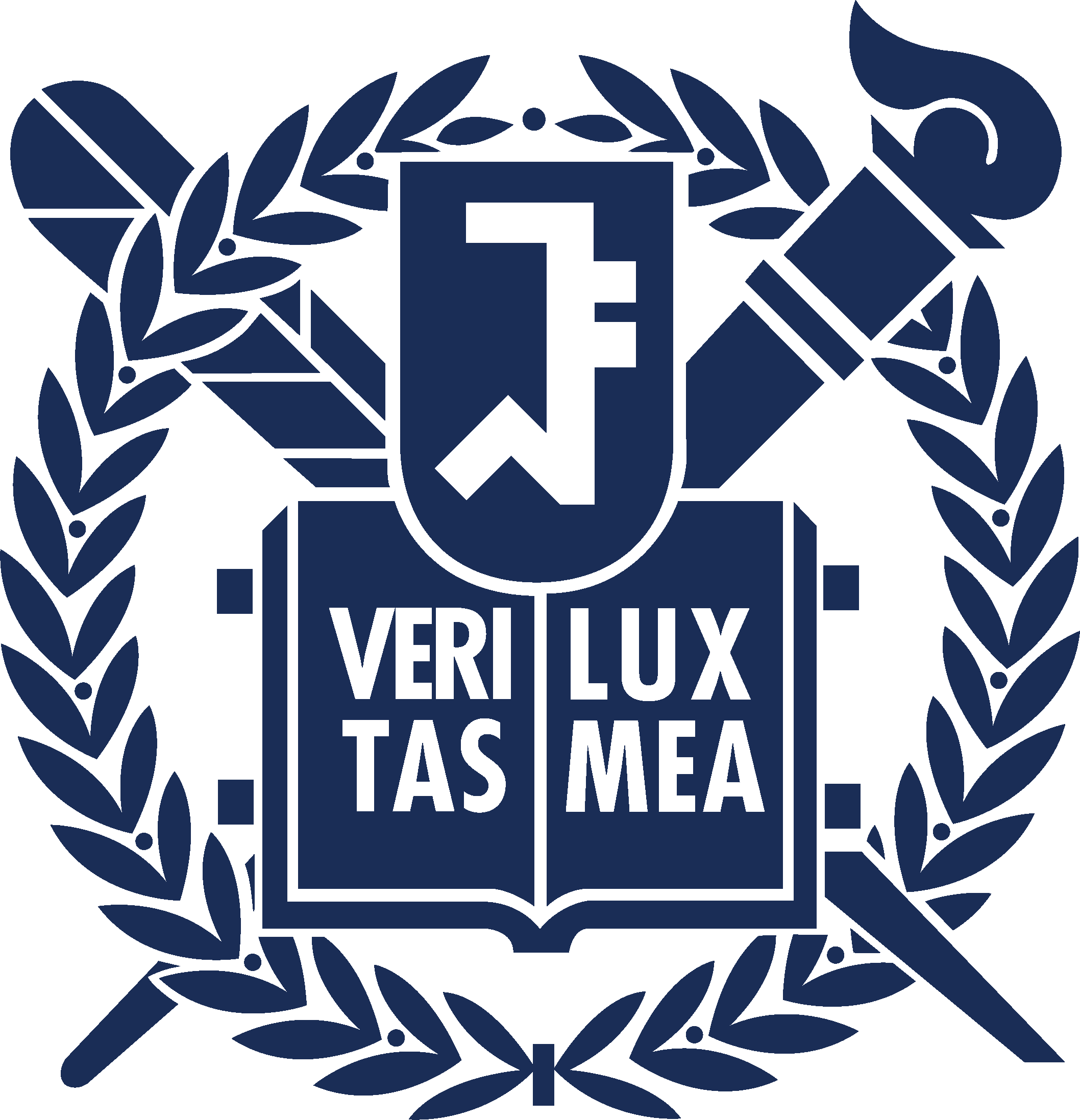Academic Courses
Course Number: M2866.006700 (GSEP), M1592.001100 (TEMEP), M3311.002300 (Smart City Convergence Major)
Credits: 3-3-0
Semester: Spring Sememster
Lecture Language: Korean
Instructor: Professor Eun Suk Suh (Email: essuh@snu.ac.kr, Office: Building 38 Room 406)
Course Objective: This course introduces system architecture modeling and optimization methods, enabling more efficient and systematic concept generation and subsequent detailed design of complex systems, which are foundations of modern society. Students will learn to model functional, formal, and integrated system architecture using Object Process Methodology (OPM), an ISO/PAS 19450-2015 standard system modeling language. The course also covers methodologies for generating Pareto-front – the set of systems with optimized system attributes – and selecting an optimized system architecture from those architectures generated through the modeling process.
Textbook: Crawley, E., Cameron, B., Selva, D., System Architecture: Strategy and Product Development for Complex Systems, Global Edition, Pearson International, 2016, ISBN 978-1292110844
Course Number: M2866.005200 (GSEP), M1592.001200 (TEMEP), M3311.002400 (Smart City Convergence Major)
Credits: 3-3-0
Semester: Fall Semester
Lecture Language: Korean
Instructor: Professor Eun Suk Suh (Email: essuh@snu.ac.kr, Office: Building 38 Room 406)
Course Objective: This course equips students with the necessary knowledge of principles, methods and tools to systematically develop a comprehensive technology roadmap for the complex technology-enabled systems’ and products’ evolution. Students will also learn about the methods used to assess the impact of new technology development and infusion into engineering systems from a design and development perspective. To enable this, the curriculum covers various technology management topics including roadmapping, scouting, strategic planning, R&D project execution, intellectual property management, knowledge management, partnering and acquisition, technology transfer, innovation management, and financial technology valuation. Relating to this, the underlying theory and empirical evidence for technology evolution over time are explained through a rich set of examples from aerospace, transportation, energy, communications, agriculture and medicine. Additional special topics include Moore’s law, S-curves, the singularity and fundamental limits to technology.
Textbook: de Weck, O., Technology Roadmapping and Development: A quantitative approach to the management of technology, Springer, 2022, ISBN 978-3-030-88348-5
Course Number: M2866.001100
Credits: 3-3-0
Semester: Fall Semester
Lecture Language: Korean
Instructor: Professor Eun Suk Suh (Email: essuh@snu.ac.kr, Office: Building 38 Room 406)
Course Objective: This course explores complex system modeling techniques widely used in industry, along with simulation methods that help reduce the development costs and time for increasingly intricate cutting-edge systems. Students learn about system modeling concepts, system decomposition for modeling, detailed modeling, and integrated modeling. The course also covers various analysis techniques using pre-established system models, illustrated through multiple examples. As part of the curriculm, students undertake projects to construct complex system models – such as manufacturing systems, transportation systems, and distribution supply chains – using the modeling techniques acquired in this course. They then apply scientific analysis methods to refine and improve these models.
Lecture Material: Anylogic related material and instructor supplied lecture material
Main Software: Anylogic PLE, QuantumXL (Excel Add-in)
Other Software: AnyLogistix, Vensim, etc…
